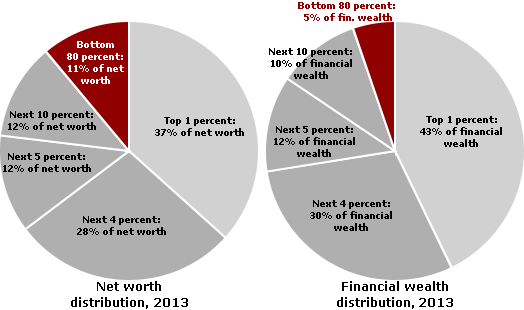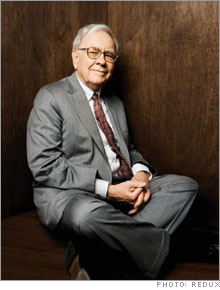After several years of wrangling, arguing, and ignoring most of the serious criticisms, the APA (American Psychiatric Association) has voted to approve the controversial revisions that have been drafted for the industry standard psychiatric diagnosis manual.
Say goodbye to dyslexia, Asperger's Syndrome, several of the personality disorders, and grief as a natural response to loss - and say hello to bratty children (often the result of poor parenting skills) as mentally ill, only six personality disorders (antisocial, avoidant, borderline, narcissistic, obsessive/compulsive and schizotypal) down from ten, and grief lasting more than two weeks as a major depressive disorder ("having just 2 weeks of sadness and loss of interest along with reduced appetite, sleep, and energy").
You can find out more at the DSM-5 website or Dr. Allen Frances' Psychology Today blog, DSM-5 in Distress (Frances oversaw the DSM-IV revision process but was not even invited to participate in the 5th revision - this points to a possible bias in his criticisms [which I reject] and to the short-sightedness of the APA).
One last thought - the DSM is created by and for psychiatrists, not counselors, social workers, or psychologists (collectively, psychotherapists). We should leave them to their book and work together to create a new manual reflecting what we actually worth when we see clients (most psychiatrists no longer do therapy, they prescribe drugs). Failing that, we should switch (for now) to the Psychodynamic Diagnostic Manual, which is more suited to therapy than the DSM ever was or will be in the future.
DSM-5: Psychiatrists OK Vast Changes To Diagnosis Manual
By LINDSEY TANNER 12/01/12
CHICAGO -- For the first time in almost two decades the nation's psychiatrists are changing the guidebook they use to diagnose mental disorders. Among the most controversial proposed changes: Dropping certain familiar terms like Asperger's disorder and dyslexia and calling frequent, severe temper tantrums a mental illness
The board of trustees for the American Psychiatric Association voted Saturday in suburban Washington, D.C., on scores of revisions that have been in the works for several years. Details will come next May when the group's fifth diagnostic manual is published.
The trustees made the final decision on what proposals made the cut; recommendations came from experts in several task force groups assigned to evaluate different mental illnesses.
Board members were tightlipped about the update, but its impact will be huge, affecting millions of children and adults worldwide.
The manual "defines what constellations of symptoms health care professionals recognize as mental disorders and more importantly ... shapes who will receive what treatment. Even seemingly subtle changes to the criteria can have substantial effects on patterns of care," said Dr. Mark Olfson, a Columbia University psychiatry professor who was not involved in the revision process.
The manual also is important for the insurance industry in deciding what treatment to pay for, and it helps schools decide how to allot special education.
The guidebook's official title is the Diagnostic and Statistical Manual of Mental Disorders. The new one is the fifth edition, known as the DSM-5. A 2000 edition made minor changes but the last major edition was published in 1994.
The manual "seeks to capture the current state of knowledge of psychiatric disorders. Since 2000 ... there have been important advances in our understanding of the nature of psychiatric disorders," Olfson said.
Expected changes include formally adopting a term for children and adults with autism – "autism spectrum disorder," encompassing those with severe autism, who often don't talk or interact, and those with mild forms including Asperger's. Asperger's patients often have high intelligence and vast knowledge on quirky subjects but lack social skills.












 RSS
RSS

